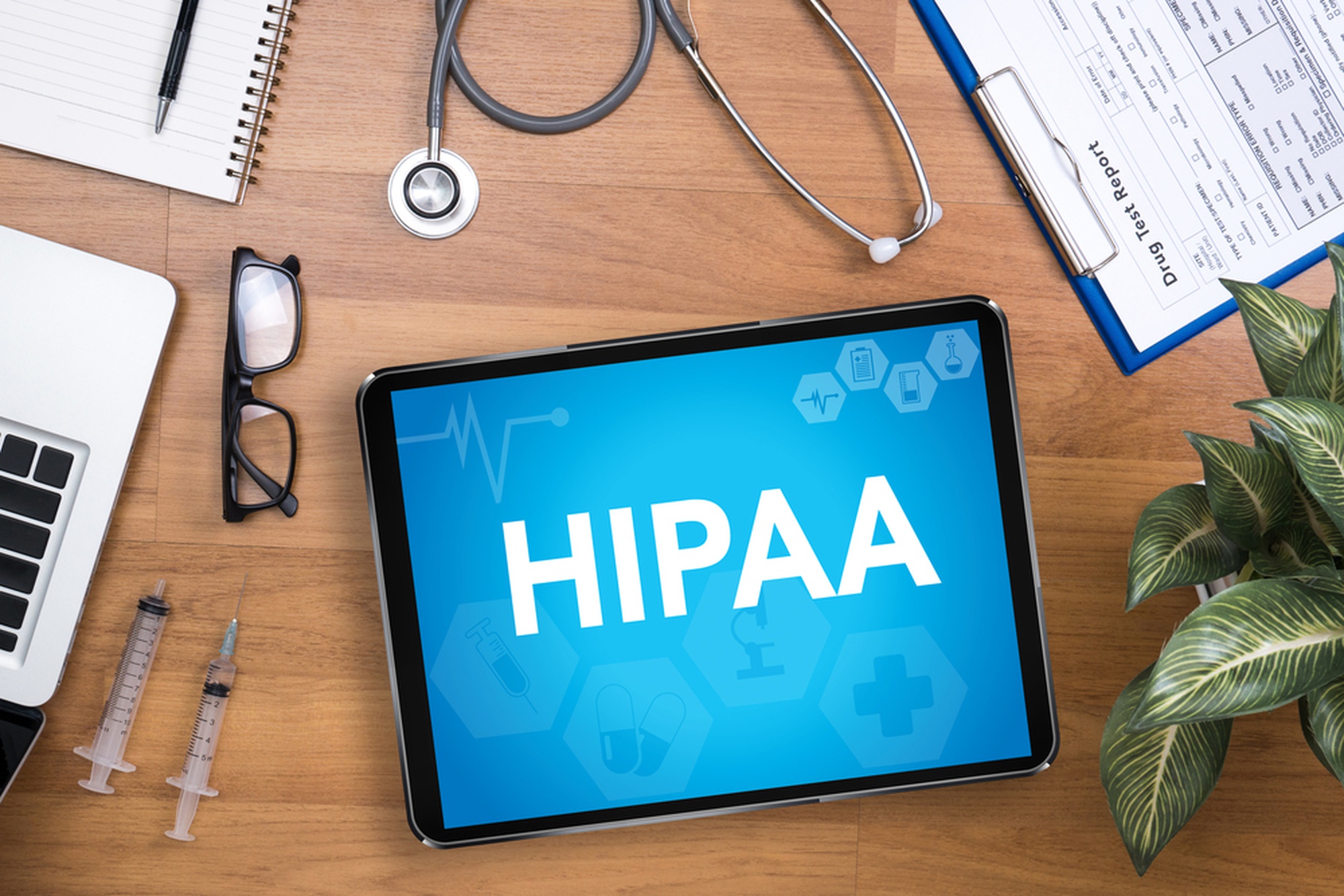Security of sensitive information has become a priority for all businesses in the modern age. Health Insurance Portability and Accountability Act, or HIPAA, is a law that provides guidelines for the healthcare industry on managing processing, storing, and securing protected health information. HIPAA compliance is essential for healthcare organisations to protect privacy and avoid penalties, as well as maintain an excellent reputation.

HIPAA law applies to healthcare providers and health plans, as well as healthcare clearinghouses. This also covers business associates that are covered under HIPAA. PHI refers to any information that is used to identify an individual, like names, addresses, credit card details, social security numbers, as well as details about medical procedures and conditions. PHI has a significant black market value because of its potential use to prevent identity theft.
The HIPAA Privacy Rule sets forth guidelines for the disclosure and use of PHI. To ensure privacy, integrity, and confidentiality of PHI, covered entities must adopt policies and procedures. These policies should include access controls, security incidents procedures, security education, as well as any other security measures. These entities are also required to limit the use and disclosure of personal information only to the extent necessary to meet their intended purpose.
The Security Rule of HIPAA requires that all entities who are subject to the rule guarantee the security and confidentiality of ePHI using reasonable and suitable physical and administrative safeguards. These safeguards include access controls and audit controls and integrity controls in transmission safety, as well as a contingency plans. These entities must also conduct periodic assessments of risks to determine potential vulnerabilities and to implement measures to limit those risks.
The HIPAA Breach Notification Rule mandates that covered entities inform affected individuals or affected, as well as the Secretary of Health and Human Services and in some cases, media in the event of an unintentional breach of PHI. The rule defines breach as use, acquisition, access, or disclosure of PHI in a manner not allowed by the Privacy Rule, which compromises the security or privacy of PHI. The covered entities must undertake a risk analysis the event that they determine whether PHI is in danger and what harm might be caused by the breach.
HIPAA compliance requires continuous education and training for employees to ensure they understand the obligations they have to fulfill regarding privacy and security. The covered entities must also undertake regular risk assessments to find vulnerabilities and put in place mitigation measures. This may include implementing security controls, including encryption of ePHI and establishing contingency plans in the case of a security breach.
Technology has had a profound impact on virtually every aspect of modern life and healthcare is not an exception. Electronic health records are a revolutionary tool that allows healthcare providers to organize and store the patient’s information in a seamless manner. This has created significant cybersecurity risks and strict compliance with HIPAA is crucial. Patient information is extremely sensitive and must be protected at all cost. The importance of HIPAA is greater than ever due to the increasing threat of cyberattacks. HIPAA can help ensure the security and privacy of patient information, improving trust of patients with health care providers.
HIPAA helps healthcare providers to maintain patient trust and protect their privacy. HIPAA violations can result in large fines, lawsuits or reputational harm. Office for Civil Rights of Department of Health and Human Services (OCR) enforces HIPAA rules and has the authority to investigate complaints and review the conformance of employees.
HIPAA compliance in the digital age is essential for healthcare providers. HIPAA regulations offer guidelines regarding the management, storage the handling of and safeguarding health information. The healthcare organizations should ensure they have HIPAA-compliant policies and procedures, carry out regular risk assessments, offer regular training and education to their employees and conduct regular risk assessment. In doing so healthcare facilities can preserve their trust with patients and avoid legal action.
For more information, click why was hipaa created